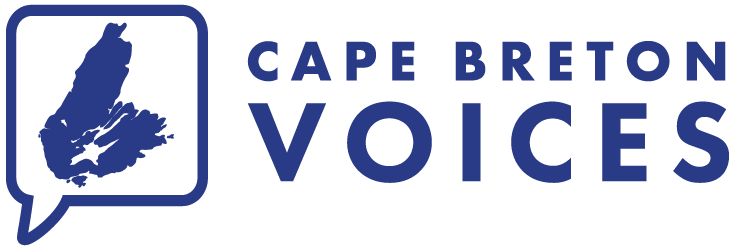
12 Feb Joanne Pyke and Sarah Pyke: Capitalizing on well-being
Consumers are aware of negative effects of unhealthy living and want to make positive life changes
It is no secret that tourism is critical to our island. Cape Breton is known for its rugged, natural beauty and has been recognized as the No. 1 island destination in North America and the No. 3 island destination in the world.
Contemporary research proposes that consumers are now looking to incorporate well-being into their holidays. The literature also suggests that proximity to the ocean and greenery contributes the most to enhancing our well-being.
Given this change in consumer climate and a focus on natural environments there is a unique opportunity for Cape Breton to shine. With our authentic scenery and charm, is there really a better wellness-enhancing destination than Cape Breton?
It has been suggested that wellness (or well-being) is nearly a $2-trillion global industry with close to 300 million wellness consumers.
When asked what people do to enhance or maintain wellness, respondents demonstrated that “taking a holiday, vacation or retreat” is ranked fourth, behind exercising, eating better and visiting a spa.
These results indicate the perceived value that consumers place on tourism’s contribution to their well-being. Furthermore, this suggests that consumers view tourism as an activity, which enhances or maintains a healthly lifestyle.
Consumers today are aware of the negative effects of unhealthy living and are seeking ways to make positive life changes. People are altering their way of life to become healthier and this is being reflected in local business offerings and town planning.
Customers are incorporating more well-being activities into their daily lives and are seeking to continue this routine while on holiday… and it is no wonder.
We can’t turn on the television, listen to the radio or browse social media channels without being constantly subjected to information, which stresses the need to become more active and healthier. This new consumer climate has the power to expand the health and well-being tourism market.
In the past holidays were much more about eating and drinking, but not anymore. There are many people now incorporating activities into their holidays that contribute to their well-being.
Consumers are currently exposed to countless options when choosing a holiday. As a result, unique marketing becomes essential to the survival of destinations by finding innovative ways to set themselves apart from the growing competition. One way in which this differentiation can be achieved is for destinations to embed a well-being philosophy in their marketing and promotional strategies.
Some destinations have capitalized on their natural resources to identify a notion of personalized well-being such as the Nordic countries, which have been rebranded as places perfect for making visitors feel healthier. This then allows branding and/or marketing strategies to naturally develop a well-being philosophy.
The growing concepts of blue gym, green gym have been given close research attention, particularly in Europe. Blue gym, green gym is underpinned by the notion that natural environments are positively linked to increased well-being, as individuals are considerably more content in natural, rural settings when compared to artificial, urban surroundings.
It has been documented that time invested outdoors supports and boosts an individual’s health and well-being, and as such allows individuals to blossom.
Even those who cannot afford to live near the coast often choose to take holidays near the sea to reap the benefits. This reality of rest and recuperation associated with being near natural environments dates back in history, as Victorians were often sent to coastal destinations to recover from illness.
The concepts of blue gym, green gym have provided an opportunity for businesses to grow the visitor economy by incorporating the well-being element into their product offering to create a new image and drive the market. There is significant value provided to individuals through the benefits of natural environments and this is beginning to be reflected in business operations.
The concept of well-being has been identified by the World Health Organization as a topic which is important for a global society. Exploring the potential synergies between the fields of public health and tourism around the concept of well-being is an emerging area of interest. Since then, tourism has also adopted a position of exploring well-being from a product differentiation perspective and increasing competitiveness with respect to destination marketing and management.
Our island can be marketed as a well-being (or wellness) destination due to its natural environment of beaches, wildlife and greenery, in addition to the unique culture and friendly people. By embedding a health and well-being philosophy for Cape Breton, more individuals may potentially engage in local tourism and the economic benefits will follow.
All About Business is a monthly column on challenges and opportunities for the Cape Breton business community, written by faculty of the Shannon School of Business, Cape Breton University. Dr. Joanne Pyke is an associate professor-marketing at the Shannon School of Business, CBU, and Dr. Sarah Pyke, a CBU graduate, is VP marketing at Harbr Inc.



Sorry, the comment form is closed at this time.